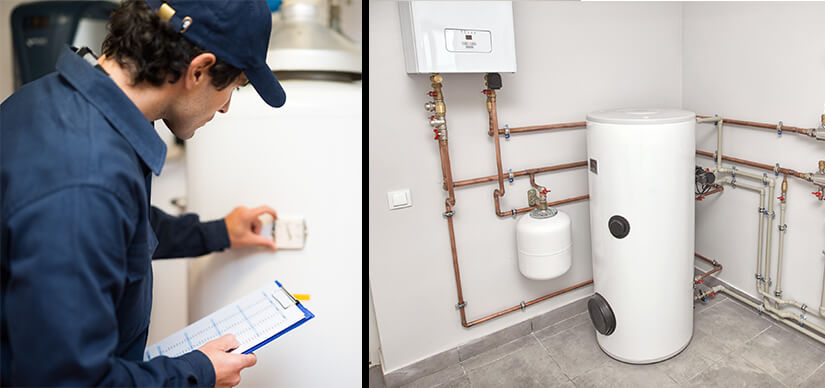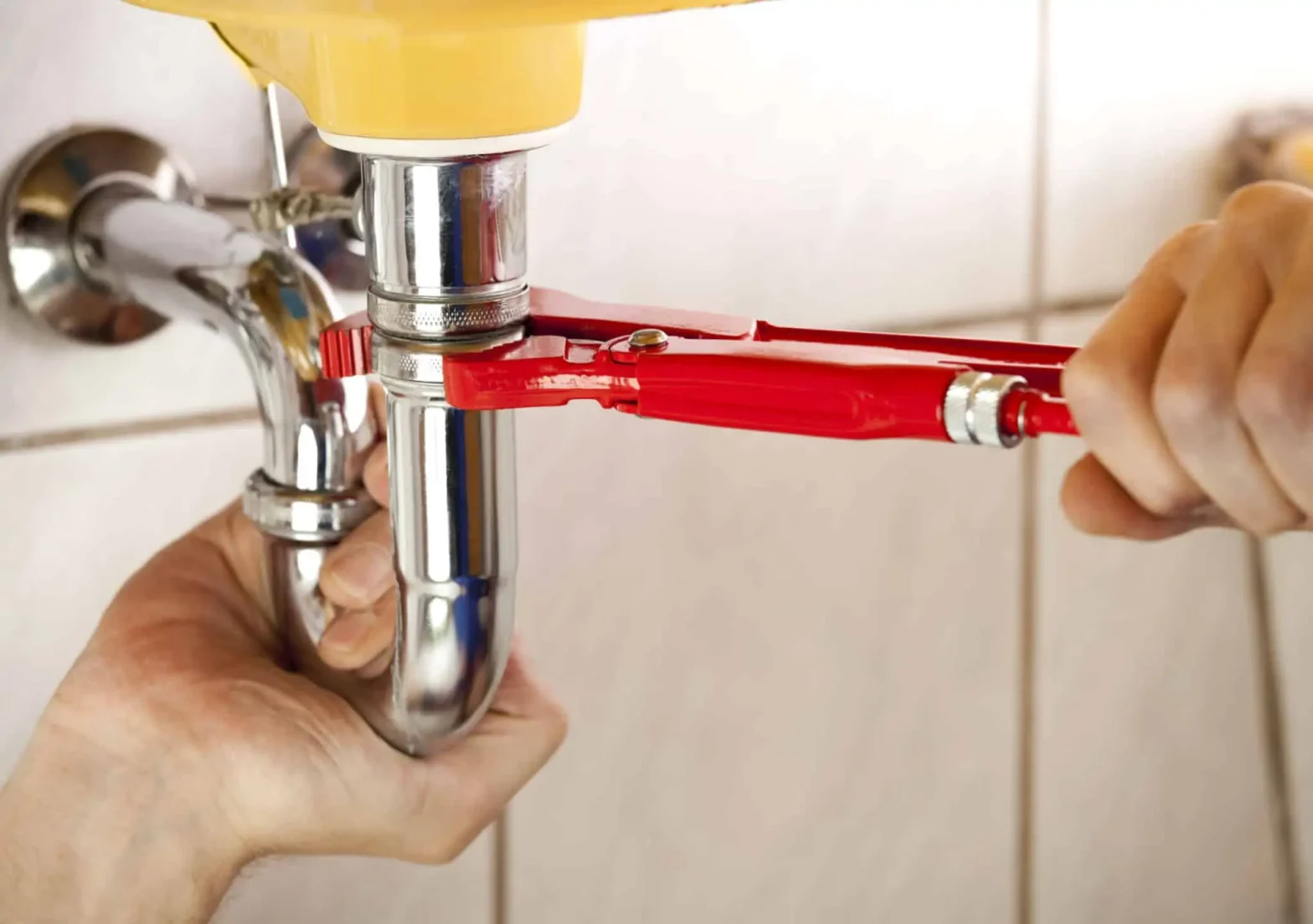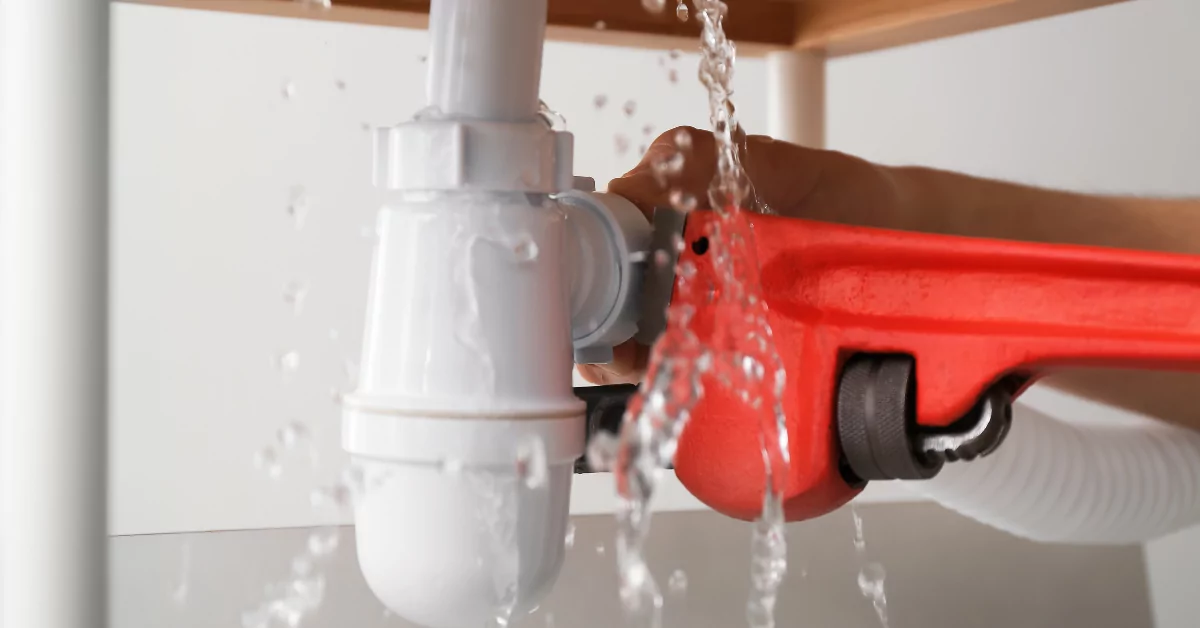Tank vs. Tankless: Which Water Heater Is Suitable According to Your Requirements?
A reliable source of hot water is essential in any household. With the ever-growing concern for environmental sustainability and energy efficiency, many homeowners in Riverside and elsewhere are now considering switching from traditional tank water heaters to tankless water heaters.
Should there be a tank or tankless water heater installation in Riverside But which is better? This article will compare tank and tankless water heaters and help you determine which type is more suitable for your needs.
What is a Tank Water Heater?
A tank water heater, also known as a storage water heater, is the most common type of water heater seen in many homes. It contains and heats the water in a sizable cylindrical tank at its center.
When the hot water in the tank is used, cold water enters the tank and is heated by the heating element or burner. Tank water heaters come in a variety of sizes, with 40 to 50-gallon tanks being the most popular.
You can choose the ideal tank size for your family’s needs with the assistance of a number of experts in Riverside who focus on both tank and tankless water heater repair an dinstallation.
You need to have the right size tank to ensure you have enough hot water for your family’s daily needs.
What are the Benefits of a Tank Water Heater?
Even though tankless water heaters are becoming more common, conventional tank water heaters still have a number of advantages.
Here are some of the key benefits of a tank water heater:
Lower upfront cost
Tank water heaters usually have a lower upfront cost than tankless water heaters. This can be an important factor if you have a limited budget or if you are looking to replace a broken water heater quickly.
Easy installation
Tank water heaters are generally easier to install than tankless water heaters. They do not require any special venting, and they can be installed in a variety of locations, such as a basement or garage.
Familiar technology
Tank water heaters have been around for a long time and are a familiar technology to most homeowners. This can make them easier to maintain and repair.
Lower maintenance costs
Tank water heaters require less maintenance than tankless water heaters. They do not have any complex components, and they are less prone to mechanical failures.
Reliable hot water supply
Tank water heaters store a large volume of hot water, which means that you will always have hot water available when you need it. This can be important for households with multiple people or high hot water demands.
Easy to replace
If your tank water heater does break down, it is relatively easy to replace. You can usually find a replacement unit quickly, and the installation process is straightforward
What is a Tankless Water Heater?
A tankless water heater, also known as an on-demand water heater, heats water directly as it flows through the unit, eliminating the need for a storage tank.
When you turn on a hot water faucet, cold water comes in and is heated by a heating element or a gas burner inside the appliance. This allows for an endless supply of hot water, as long as the unit is sized correctly.
When it comes to tankless water heater installation it is essential to hire a professional to ensure the unit is correctly sized and installed.
Tankless water heaters have a higher upfront cost than tank water heaters, but they are more energy-efficient and can last up to 20 years with proper maintenance.
What are the Benefits of a Tankless Water Heater?
Tankless water heaters have become increasingly popular in recent years due to their many benefits.
Here are some of the key benefits of a tankless water heater:
Energy efficiency
Tankless water heaters are more energy-efficient than traditional tank water heaters.
This is because they only heat water when it is needed, which means they do not have to constantly maintain a large tank of hot water. This can lead to significant energy savings and lower monthly energy bills.
Space-saving
Tankless water heaters are compact and take up less space than traditional tank water heaters. They can be mounted on a wall, which can free up valuable floor space in your home.
Endless hot water supply
With a tankless water heater, you will never run out of hot water. This is because the water is heated on demand, so there is no need to wait for a tank to fill up with hot water.
Longer lifespan
Tankless water heaters have a longer lifespan than traditional tank water heaters. They can last up to 20 years, which is almost double the lifespan of a traditional tank water heater.
Improved water quality
Tankless water heaters do not store water in a tank, which can help to prevent the buildup of sediment and rust. This can lead to improved water quality and reduced maintenance costs.
Reduced risk of water damage
Conventional tank water heaters can be prone to leaks, which can cause significant water damage to your home.
With a tankless water heater, there is no tank to leak, which can help reduce the risk of water damage and frequent tankless water heater repair
Which Water Heater is Suitable for Your Requirements?
When it comes to selecting the right water heater for your needs, there are a few things to consider. If you have a large family that uses a lot of hot water, a tank water heater may be the best option for you.
However, if you want to save money on your energy bills and have a more energy-efficient option, a tankless water heater may be the better choice.
If you have limited space for a water heater, a tankless water heater may be a better option as it takes up less space. However, if you have enough space for a large tank, a tank water heater may be the most cost-effective option for you.
It is also necessary to consider the upfront cost and the lifespan of each type of water heater. While tankless water heaters have a higher upfront cost, they have a longer lifespan and can save you money on your energy bills in the long run.
Tank water heaters, on the other hand, have a lower upfront cost but a shorter lifespan and may end up costing you more in the long run.
If you are unsure which type of water heater is suitable for your needs, it is best to consult a professional. Many professionals offer tankless water heater installation in Riverside, and they can assist you in selecting the right water heater for your household’s needs.
Conclusion
Both tank and tankless water heaters have their pros and cons, and the right choice depends on your household’s needs and budget. If you have a large family that uses a lot of hot water, a tank water heater may be the best option for you.
However, if you want to save money on your energy bills and have limited space, a tankless water heater may be the better option.
When it comes to tankless water heater installation in Riverside, it is essential to hire a top rated Riverside Plumber to ensure the unit is correctly sized and installed.
If you need tankless water heater repair, many professionals can assist you in repairing or replacing your current tankless water heater.
Finally, selecting the right water heater for your household’s needs is essential. By considering your household’s hot water demands, available space, and budget, you can make an informed decision and enjoy reliable access to hot water for years to come.








